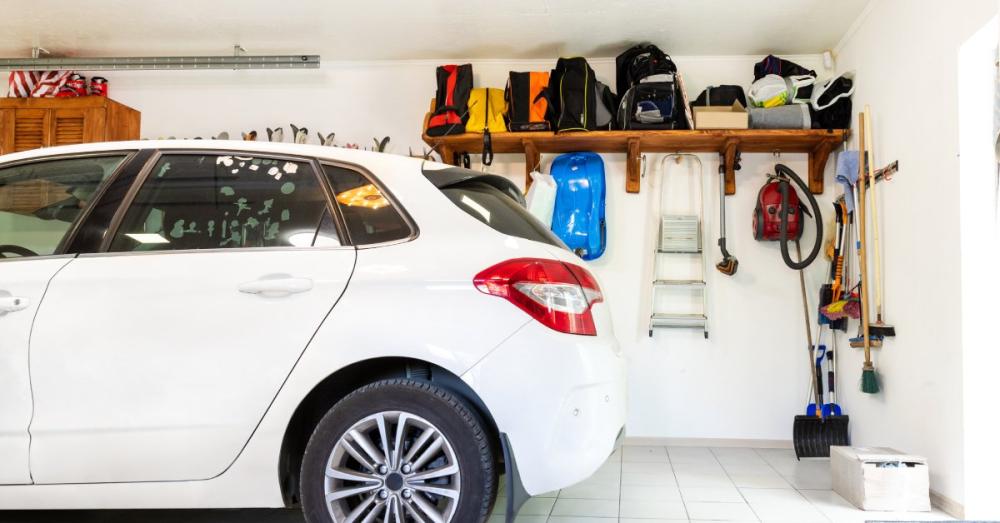Blog
-
March 24, 2025
 There are many myths out there about tires and their safety. We’re here today to address them so you can be a safer driver while on the road.
There are many myths out there about tires and their safety. We’re here today to address them so you can be a safer driver while on the road. -
March 12, 2025
 Wheel offset and backspacing aren’t well-known measurements to most drivers, but they’re important factors to know. We’ll go over them with you in this post.
Wheel offset and backspacing aren’t well-known measurements to most drivers, but they’re important factors to know. We’ll go over them with you in this post. -
February 24, 2025
 Tread depth can have a massive impact on how long it takes for your vehicle to stop. This guide explains the link between tread depth and stopping distance.
Tread depth can have a massive impact on how long it takes for your vehicle to stop. This guide explains the link between tread depth and stopping distance. -
February 13, 2025
 Brake systems are much more complex than many people realize. In this guide, we break them down to their base components to help people understand them better.
Brake systems are much more complex than many people realize. In this guide, we break them down to their base components to help people understand them better. -
January 29, 2025
 Many vehicle owners wonder if they should replace all their tires at the same time. The answer isn’t as simple as it might seem, so we’re here to help.
Many vehicle owners wonder if they should replace all their tires at the same time. The answer isn’t as simple as it might seem, so we’re here to help. -
January 13, 2025
 If you want to make sure your tires and wheels last as long as possible, we’re here to help. Take a look at our tips for extending their lifespans.
If you want to make sure your tires and wheels last as long as possible, we’re here to help. Take a look at our tips for extending their lifespans. -
December 17, 2024
 Tire rotations are a crucial maintenance process. If you don’t know much about them, this guide is just for you. Learn the ins and outs of rotations.
Tire rotations are a crucial maintenance process. If you don’t know much about them, this guide is just for you. Learn the ins and outs of rotations. -
December 6, 2024

For most drivers, your front brake pads will wear out before your back ones. If you’re curious why that is, this guide is here to explain it for you.
-
November 26, 2024
 Tire blowouts are never something people want to deal with. To make them less likely to occur, here are some best practices you should try to follow.
Tire blowouts are never something people want to deal with. To make them less likely to occur, here are some best practices you should try to follow. -
November 15, 2024
 If you own a Tesla Model S, X, 3, or Y and want to get a new set of tires for it but don’t know what kind to get, this guide is just for you.
If you own a Tesla Model S, X, 3, or Y and want to get a new set of tires for it but don’t know what kind to get, this guide is just for you. -
October 30, 2024
 Cars tend to endure a lot more wear and tear in the winter months. Here are some things you can do to prepare and protect your car from the cold.
Cars tend to endure a lot more wear and tear in the winter months. Here are some things you can do to prepare and protect your car from the cold. -
October 13, 2024
 Ceramic brake pads are the go-to choice for many drivers these days. If you don’t know much about these pads, this guide is here for your assistance.
Ceramic brake pads are the go-to choice for many drivers these days. If you don’t know much about these pads, this guide is here for your assistance.



